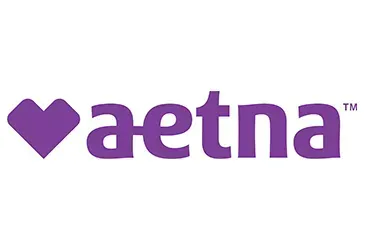In recent years, the global health and wellness industry has grown rapidly, at nearly twice the rate of the global economy, with all signs pointing to a continuing upward trend. In 2017, the global wellness economy hit $4.2 trillion in activity, as services continued to grow in popularity and demand for virtual services in particular expanded exponentially.

Rebecca McKillican
As consumers’ access to information grows, the idea of wellness has developed into a more holistic approach that extends beyond traditional health care. We know the health care landscape is shifting, with governments finding health-related expenditures unsustainable, and consumers chasing instantaneous access to advice on their own schedules.
In Canada, virtual wellness consultations provide real, tangible benefits on our health care journeys. We know that two out of every three Canadians are interested in consulting with health care providers, including pharmacists, through a virtual platform, but less than 1% actually report using the service. Even though the interest strong, adoption remains slow and low. Why?
Canadians are looking for three key factors before committing to adopt a nontraditional health and wellness service: credibility, convenience and personalization.
• Credibility — In the search for self-education in the digital age, it’s easy to be mislead. By creating a roster of trusted and accredited health and wellness professionals and organizations, we can help take the guesswork out and build rapport.
• Convenience — Consumers are looking for services that make their lives easier. Being able to connect via phone or video chat instead of going to a practitioner’s office saves time and makes it easier for consumers to prioritize their health and wellness.

Erin Young
• Personalization — Gone are the days of one size fits all. Consumers want experiences that are tailored to them and their individualistic needs. Offering multiple specialities such as naturopathic medicine and dietitians, skin care and mental health, gives customers the ability to choose their approach and tailor their health care needs.
Governments are slowly beginning to invest public funding into virtual health care services to ease congestion across the medical system, and large employers are recognizing the value and increasing their coverage through benefits partnerships.
Well.ca has launched an online marketplace of virtual health and wellness services to give customers and governments the flexibility to better achieve their health outcomes. The Well.ca services portal offers users the ability to connect with health and wellness professionals across over 30 specialties, like naturopathic medicine, nutrition, mental health, sleep and meditation, pregnancy, and baby care. We also offer an online pharmacy with free same-day and next-day prescription delivery in Toronto.
Our virtual health and wellness offering addresses customers’ desire for convenience, personalization and credibility, and by embracing the needs of our customers, we can continue to have a positive impact on the health and well-being of Canadians.
Rebecca McKillican is chief executive officer, and Erin Young is chief marketing officer of Well.ca.









